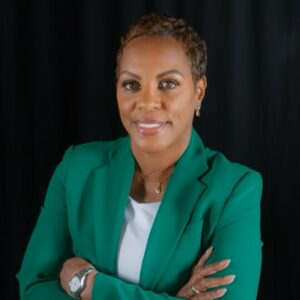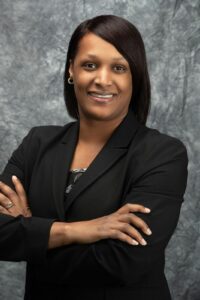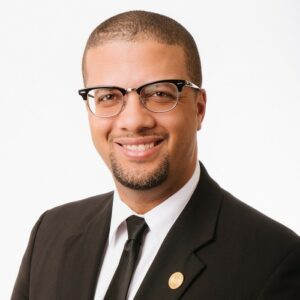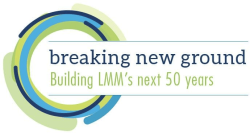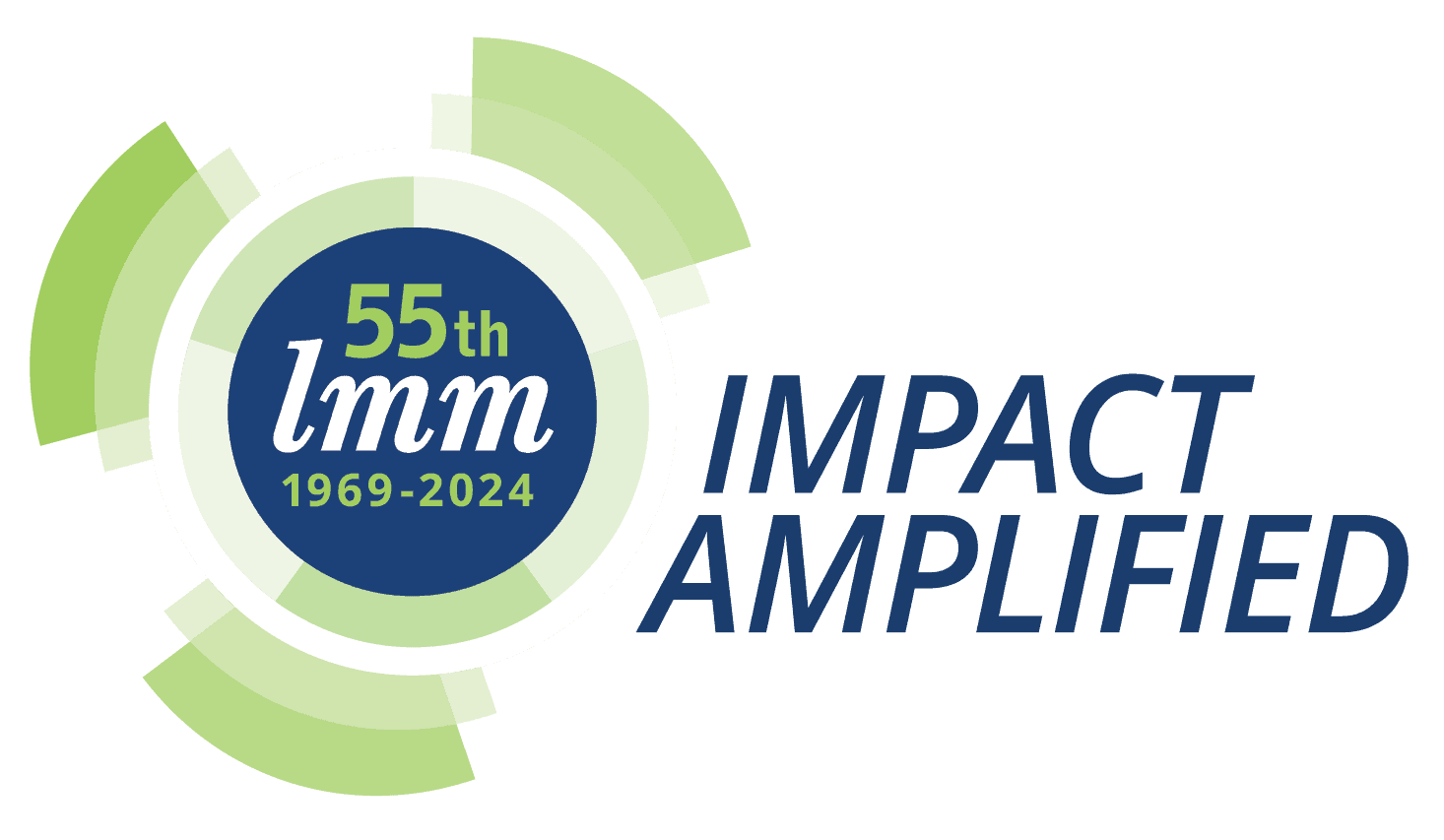When you hear the term “civic engagement,” what comes to mind? For me, the term conjures up pictures of Election Day and “I voted” stickers. But in reality, civic engagement doesn’t end when polling locations turn back into schools, churches, and libraries after Election Day is over; it is more than just voting. Of course voting is an important part of civic engagement – it is one of the most direct ways adult citizens can influence the laws and leaders that govern them. But civic engagement can take other forms, like speaking at school board meetings, holding a protest, or creating a petition. And as I know from firsthand experience, these different forms of civic engagement often work together.
“Civic engagement doesn’t end when polling locations turn back into schools, churches, and libraries after Election Day is over.”
Before college, I attended my city’s public high school. In November of my sophomore year, a levy appeared on the ballot to increase funding for the school to ensure we could continue operating as usual. Although the community I come from is fiscally conservative, our school district had an excellent reputation that I assumed most of my neighbors would be anxious to uphold. So naturally, I was surprised when the levy failed. School officials seemed to be reeling too, and it became clear that we really needed the funding when they announced they would put the levy on the ballot again in May.
School officials began to campaign much more actively for the levy, and they did this primarily by explaining what a lack of funding could do to our schools. In high school, I was in band. Marching band, concert band, pep band – I did it all. And, as so often happens, one of the first programs that would lose a lot of funding would be the music program. Instead of being three separate people, one person would direct the band, orchestra, and choir programs. On top of that, the same person would likely have to teach at the middle school. It was not only the music program that would be affected, though. In addition, virtually all after school extracurriculars save sports would be unable to continue – which included after school band practices and concerts. To sum up, almost all students in our district would be put at a huge disadvantage, especially when applying for college.
I and most of my fellow band members were terrified at the prospect of the levy failing, but we were also angry at the superintendent and school board for deciding to make cuts to musical and artistic programs while leaving sports virtually intact. Most of us were not yet old enough to vote, so initially we felt pretty powerless. But our band director insisted that there were other ways we could help the levy pass and advocate for the music program.
First, he stressed the importance of our community performances. Our two upcoming performances were at the city’s Christmas tree lighting and the Memorial Day parade. He told us that by showing up to those events and playing our best, our community would be reminded that the band always showed up for them, and hopefully push them to show up for us.
“By showing up to those events and playing our best, our community would be reminded that the band always showed up for them, and hopefully push them to show up for us.”
He hoped it might also make the school board redistribute some of their proposed cuts. While doing a band performance might not be the first thing that comes to mind when you hear the term “civic engagement,” by our mere presence we were showing the community what might be taken away if the levy failed. But we did not only make noise with our instruments.
Our band director also encouraged us to attend our local school board meetings. Myself, our director, and a number of other band students attended the meeting where our superintendent laid out the future of our district if the levy failed. We sat and supported a number of our classmates and parents who spoke out against cutting our funding and urged those in the audience to support the levy.
Showing up and speaking out at a school board meeting is another example of civic engagement, and one that can prove very effective at a local level where it doesn’t take nearly as many people to make change.
The superintendent clearly saw that the students cared a lot about this issue, and he came to our high school separately one afternoon just to speak to us. When he allowed us to make comments, I asked him why he and the board had decided to make cuts to the music program instead of sports, and told him that I thought it wasn’t fair. Although he gave a noncommittal answer, he told us that he really didn’t want to make any of the proposed cuts, and urged us to tell our parents to vote for the levy. By making our opinions clear to the superintendent, my classmates and I were using the limited power we had as non-voting citizens to engage with government officials and advocate for our own interests.
“Both electoral and non-electoral civic engagement were essential.”
Even though the students and the school board put a lot of effort into advocating for the levy, we were still nervous come Election Day. As non-voting students, we had done all we could to support the levy and the band program, but ultimately it was still for the voters to decide. To our immense relief, the levy passed the second time.
The levy would not have been approved if the adults in my community had not shown up in larger numbers to vote, but they likely wouldn’t have voted in greater numbers than the first time if we hadn’t advocated in favor of the levy at school board meetings and elsewhere. In this case, both electoral and non-electoral civic engagement were essential to the approval of the levy, and without one of them it likely would have failed again.
You could say that civic engagement is like a band – only when the various instruments work together can we make the music of democracy.
Although I was well trained to repeat talking points about the importance of civic engagement, I did not truly understand how effective and important it could be until I realized it was the only way to save something I loved. I hope this can be a lesson to anyone reading that they are not powerless – that the small things, even playing your instruments, can make the biggest difference.
Emma Arrighi
Advocacy Summer Intern

